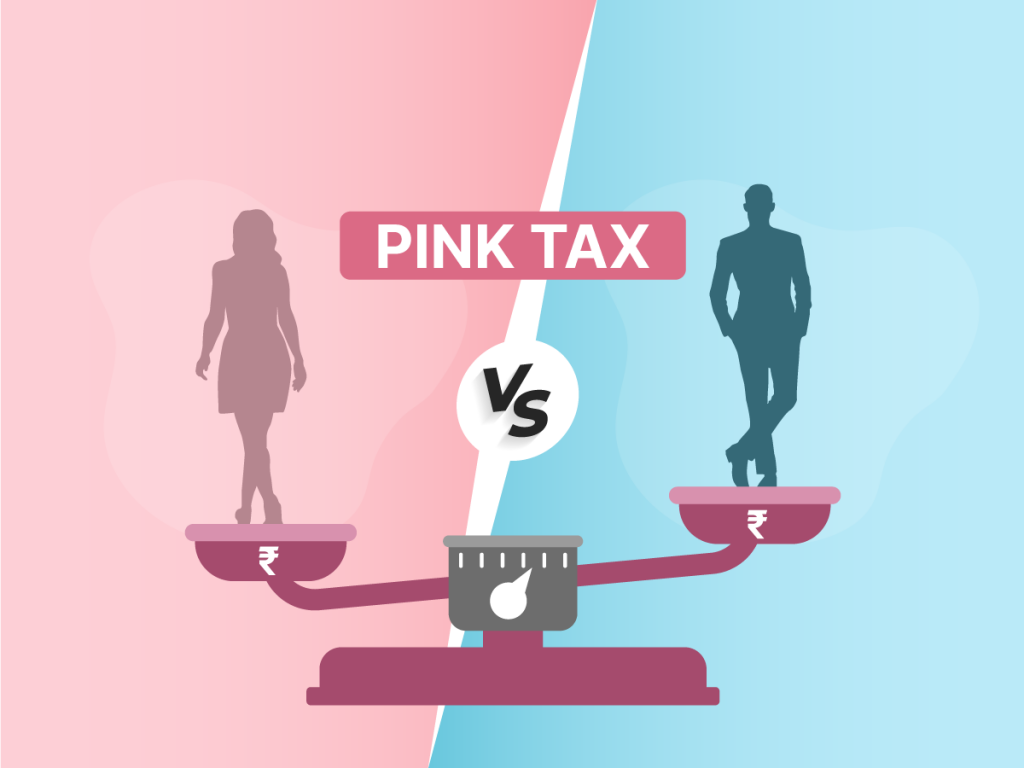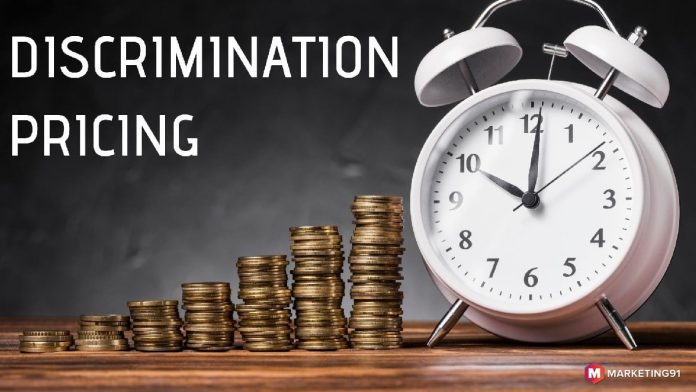- The advent of information technology-driven applications and solutions has shown that every conceivable platform in the modern world is not beyond its grasp. So much so that nothing can be classified as not ‘smart’ anymore. Such is the acceptance of digitization around the globe as the most important factor that has permeated every walk of our lives. Though none will complain, as is the case with other innovations, information-technology-driven solutions too are not foolproof enough to evade being misused by the ever-present anti-social elements. It’s fascinating to note how several businesses have sprouted of late embracing digital technology to such a great extent. One such endeavour is the cab-riding aggregators whose presence is ubiquitous.

PC: Times Of India
- So much has evolved over the last few years that the online marketplace has come to be seen as not a fixed-price shop anymore. Now that’s a double-edged sword. It appears like cab aggregators are weighing down each other according to their ability. As reported recently, viral social media posts this week have claimed ride-hailing apps charge Android and iPhone users different rates for the same route, booked at the same time from the same location. The assumption is that iPhones cost more than most Android phones, and their owners might have deeper pockets. I know how absurd it sounds while reading. But that’s what is happening on the ground with the theory appearing increasingly plausible. Some users are outraged, understandably.

PC: Moneyview
- Nobody likes to pay more than the next person. But are we really surprised? Dynamic pricing, which is just another name for discriminatory pricing or differential pricing, is as old as markets. Don’t street vendors quote their first price after sizing up our clothes and cars? By some accounts, products for women are priced higher than comparable products for men – the so-called ‘pink tax’. As reported, a US govt study found women’s personal care products were 13% costlier, on average. In the UK, women’s face moisturizer was 34% more expensive. But the ethicists mostly agree that discriminatory pricing is neither good nor bad. It’s morally neutral as long as businesses use it to advance their morally legitimate interests – shorthand for profit and growth.
PC: LinkedIn
Time and again discriminatory pricing has backfired. A major e-tailer’s gambit in 2000 to offer variable discounts on DVDs ended with an apology and refunds. Although the firm denied using customer data – address, purchase history, etc. – to set prices, it was possibly the first instance of discriminatory pricing online. That was long before smartphones. Now, anyone with access to our phone data, including e-tailers and cab aggregators, knows all about you. Customers like equal treatment; it takes guessing out of the equation and having to guess for best deals all day is tiring. People shop online as it’s convenient and believe they get the best deals without haggling. That’s why discriminatory pricing can feel like a breach of faith. The regulators should step in now.







